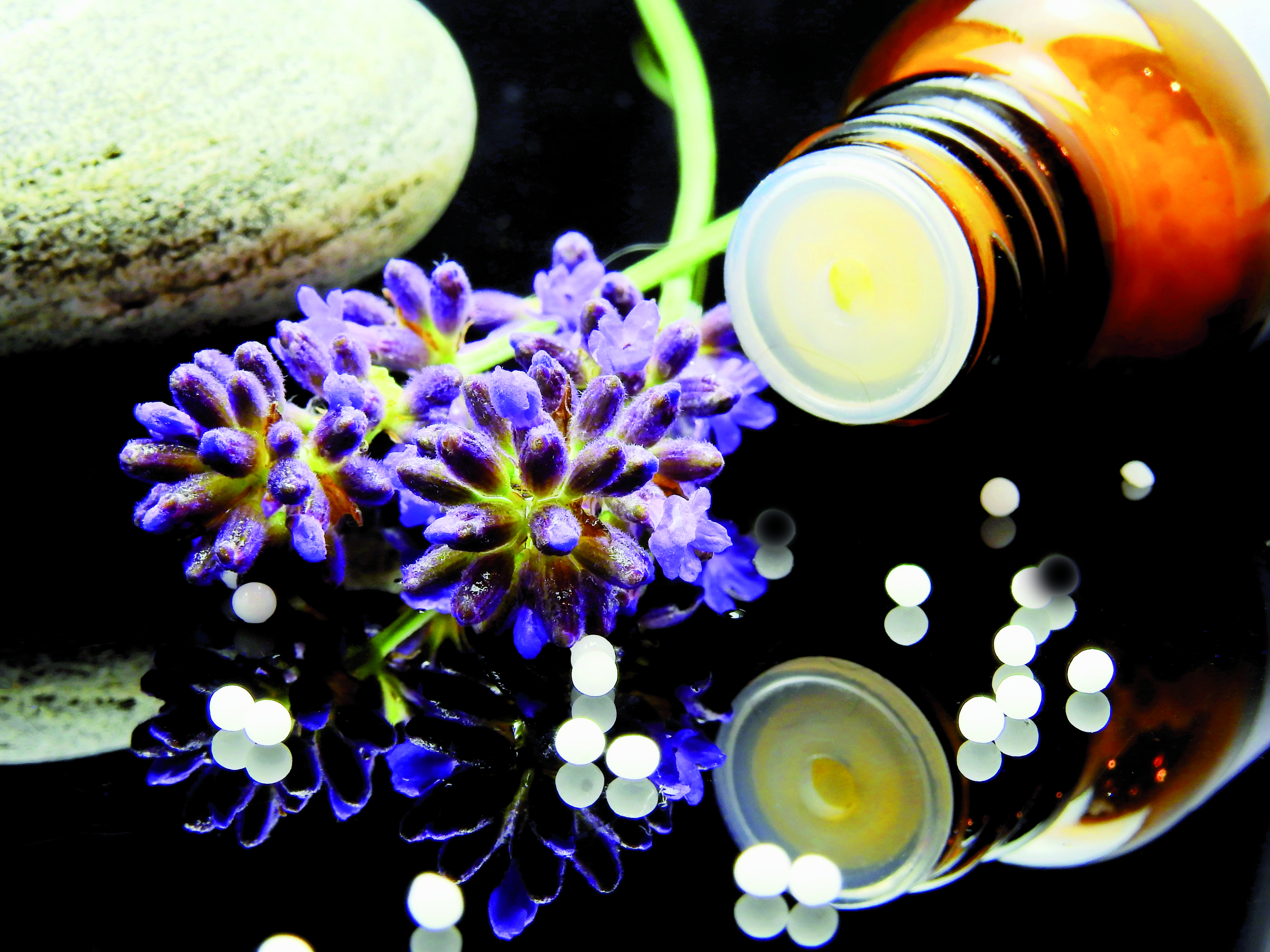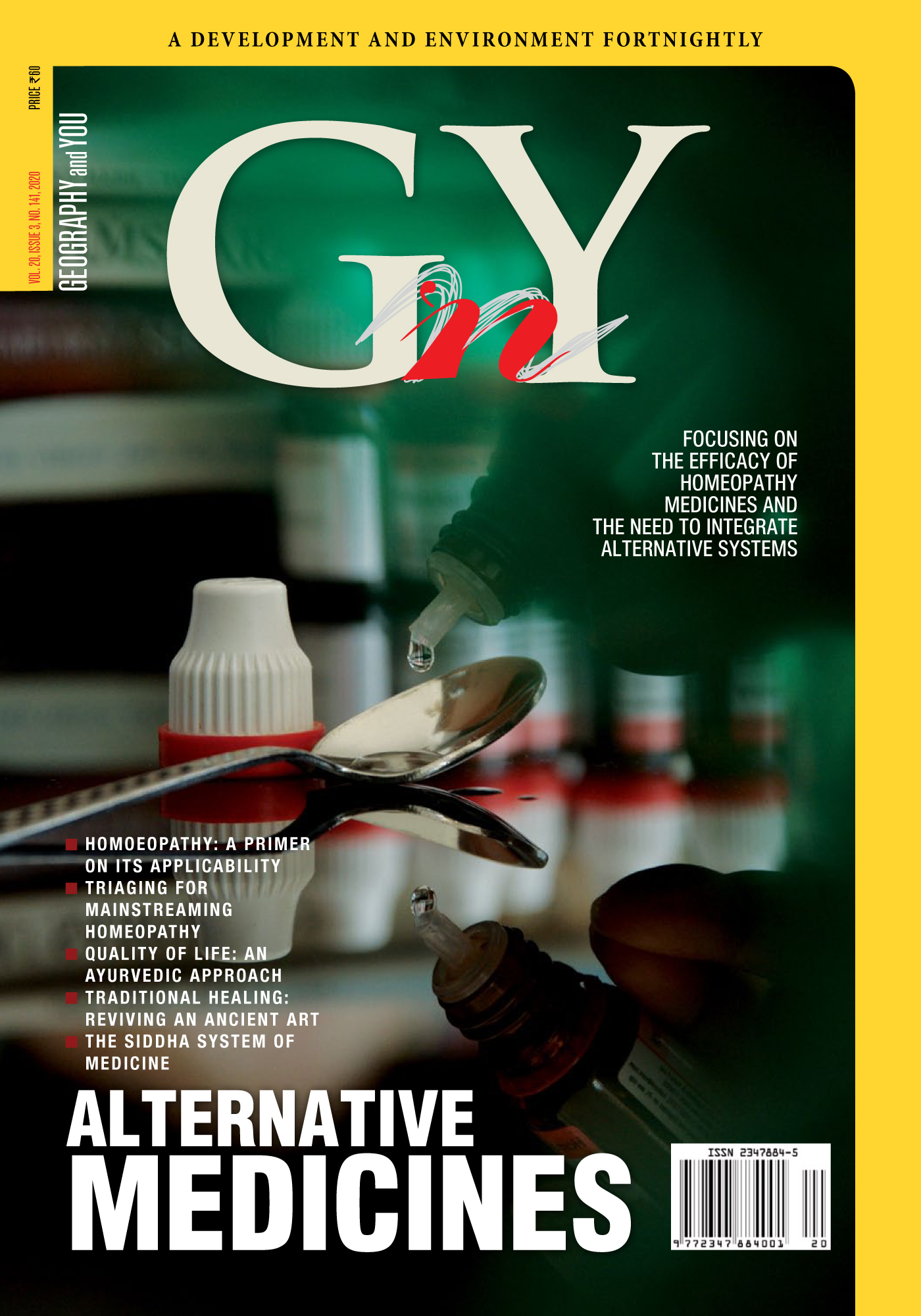
Expert Panel
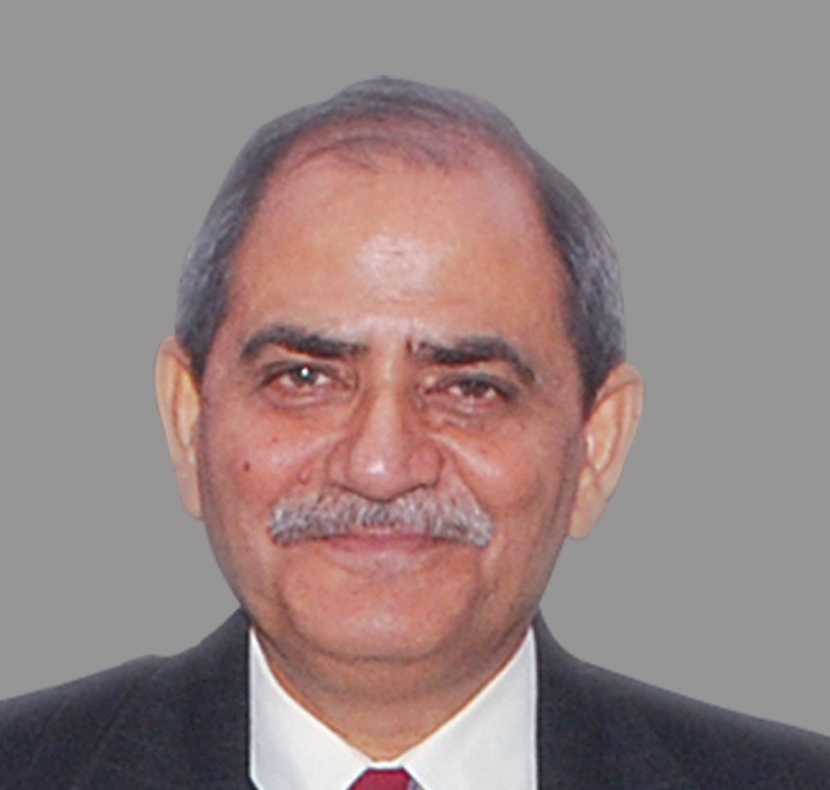
Geologist and Secretary General, 36 IGC, New Delhi.
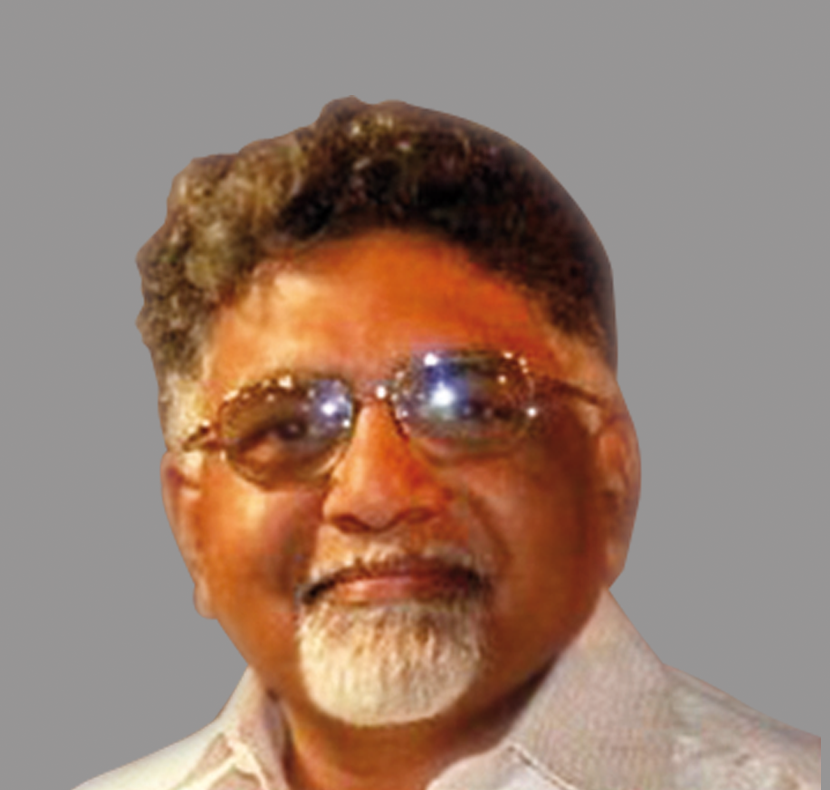
Former Professor, Jawaharlal Nehru University, New Delhi
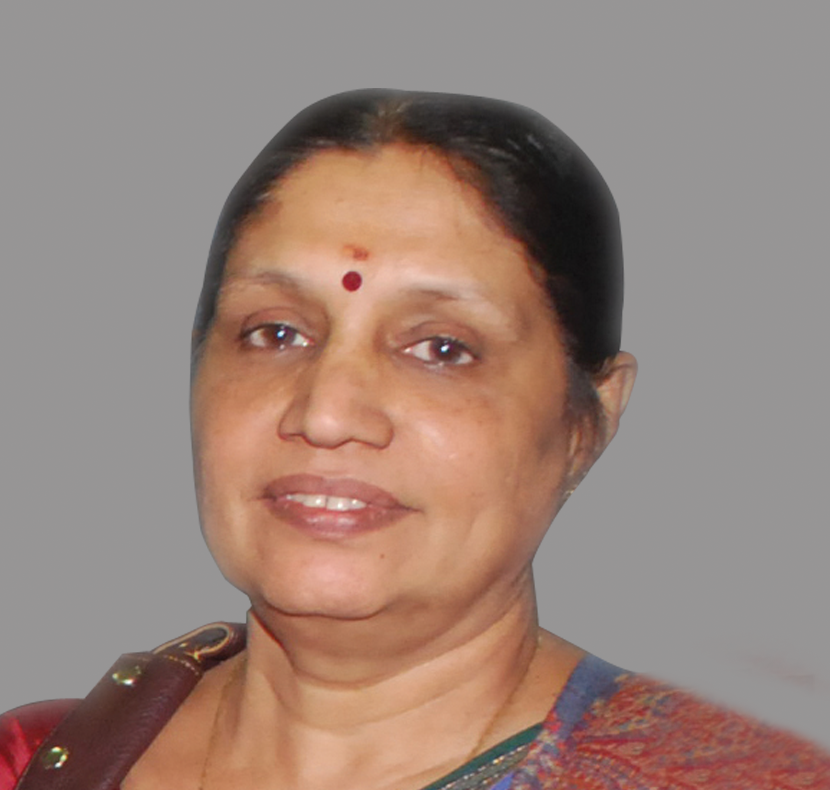
Former Chairperson, National Biodiversity Authority, Chennai.
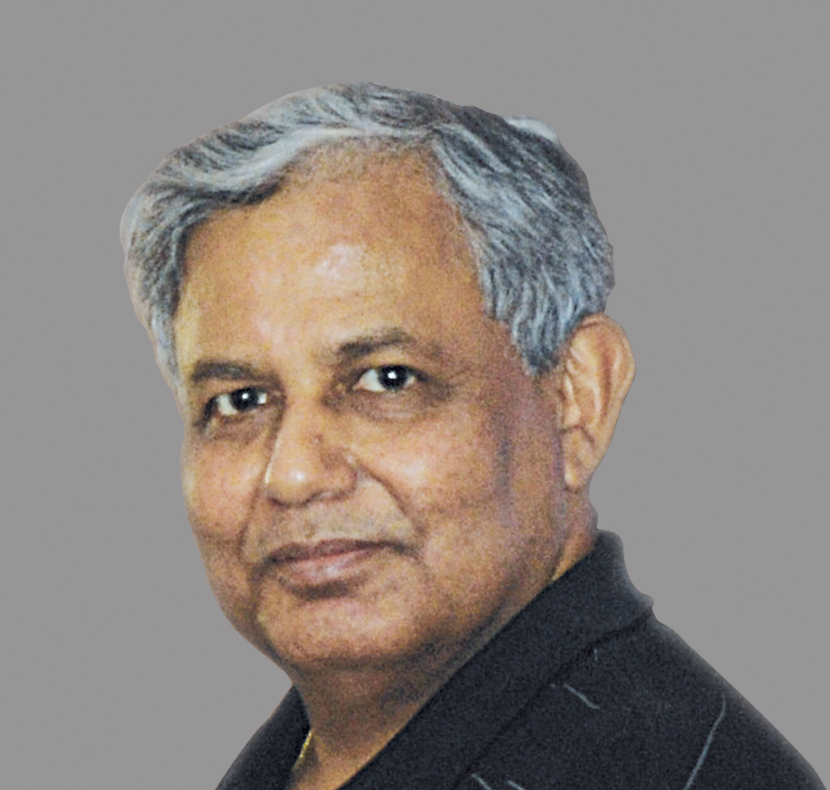
Former Vice Chancellor, MG Kashi Vidyapeeth, Varanasi
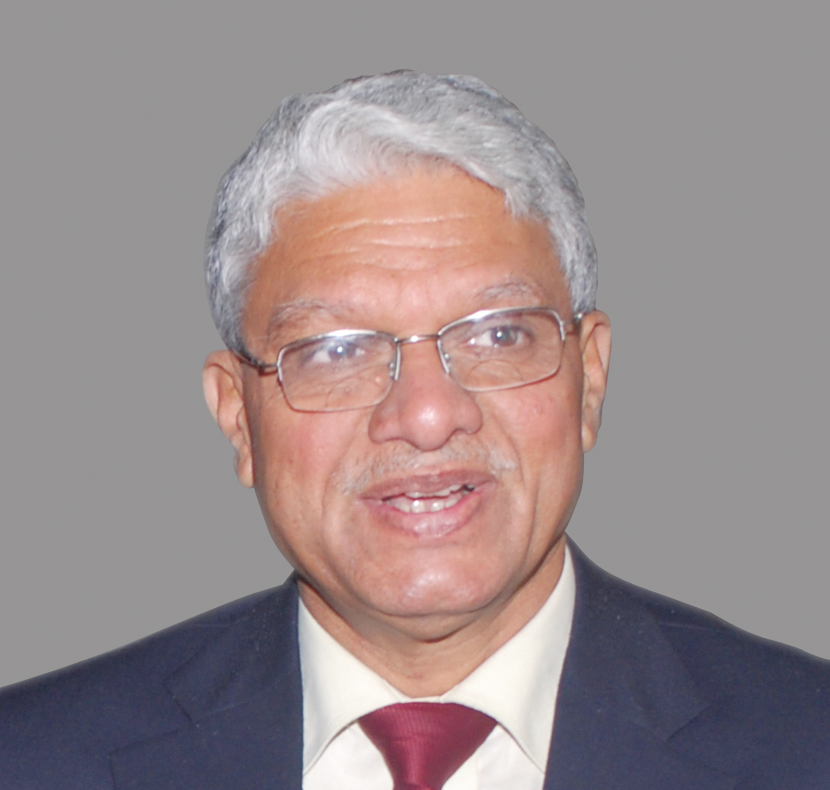
Air Vice Marshal (Retd) Former DG, India Meteorological Department (IMD), New Delhi
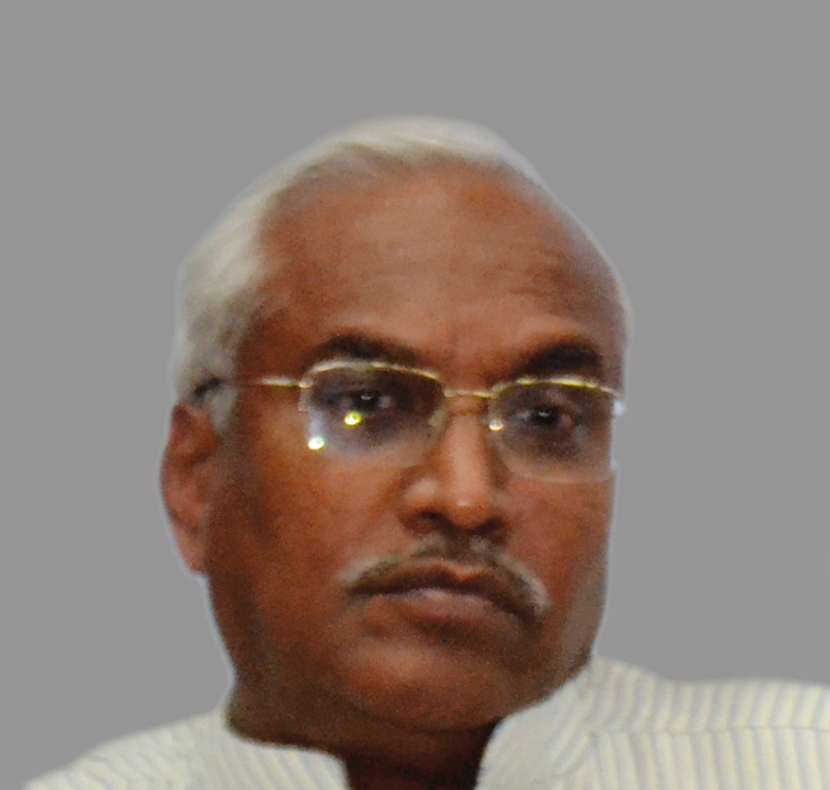
Former Director General, India Meteorological Department (IMD), New Delhi.
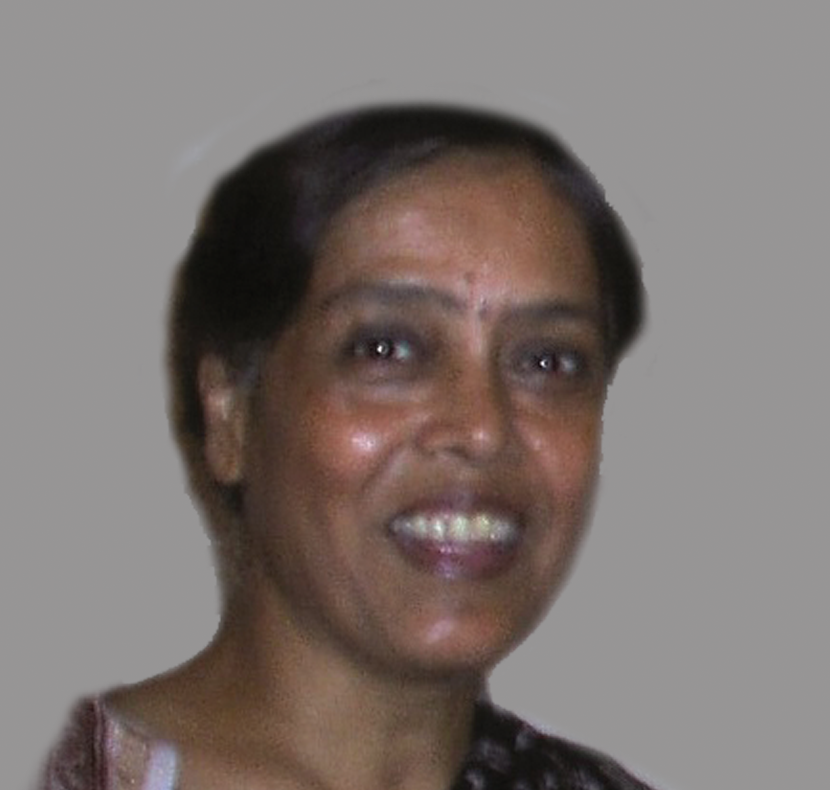
Former Professor, CSRD, Jawaharlal Nehru University, New Delhi.
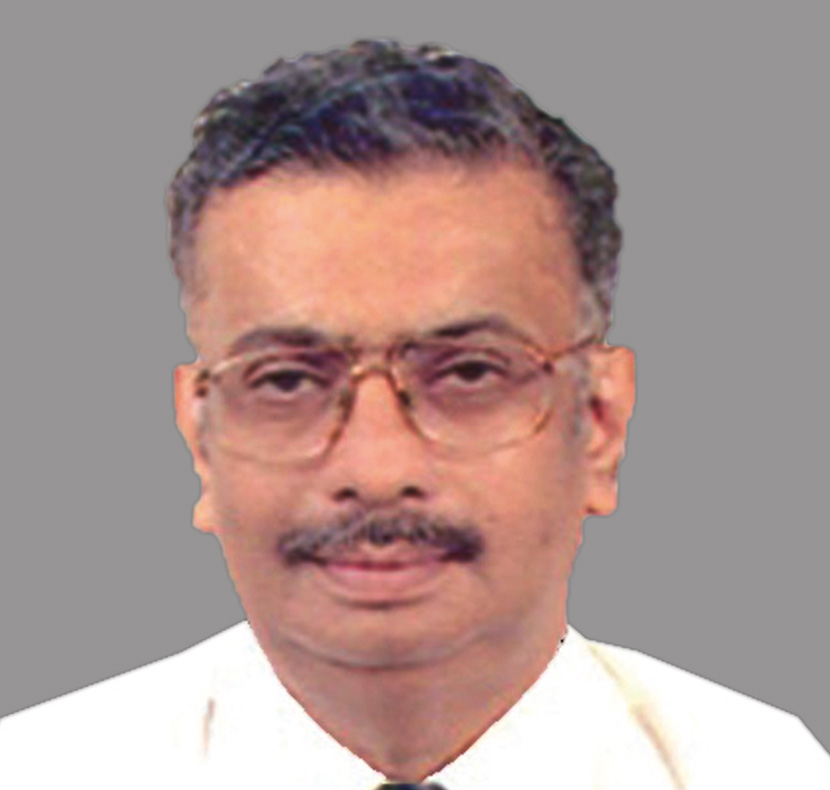
Former Member Secretary, Central Pollution Control Board, New Delhi.
Inside this issue
ALTERNATIVE MEDICINES
In an era where the World Health Organisation (WHO) is worried about antibiotic sensitivity and chronic non-communicable diseases, homoeopathy is a therapeutic science that can step in to fill the gap. Research leads us to understand that homoeopathy is based on nano-technology and works on immunity enhancement.
The origin of Ayurveda has been traced to around 6000 BCE. The first recorded medical texts evolved from the Vedas. More than 1.5 million practitioners are using this traditional medicinal system for health care in India. It is estimated that 7800 manufacturing units are involved in the production of natural health products and traditional plant-based formulations in the nation, which requires more than 2000 tonnes of medicinal plant material annually.
Traditional,indigenous and folk medicine is a system developed over generations within various civilizations, societies, communities, tribes and clans. The World Health Organisation estimated that 80 per cent of the population in developing countries rely on traditional medicine, mostly plant medicines for their primary health care needs. In India, 70 per cent of the population is seen to use traditional medicine.
The word AYUSH denotes traditional and non-conventional systems of health care and healing which includes ayurveda, yoga, naturopathy, unani, siddha, sowa rigpa and homoeopathy. AYUSH systems of medicine are codified and recognised by the Ministry of AYUSH, Government of India. Medical pluralism in India is a reflection of its cultural diversity and AYUSH systems have evolved over thousands of years, absorbing and adapting yet maintaining its individual identity.
FOCUS: HOMEOPATHY
Despite being practised for over 200 years homeopathy is still facing credibility challenges. Emerging research in this field has however, proven the plausibility of this science. During last two decades developed nations like Britain, France, USA and Australia, have questioned the effectiveness of homeopathy, although results have proven the scientificity of the alternative system. In the years to come studies conducted by homoepathic research organisations around globe is likely to further validate its scientific basis.
In wellness clinics of the modern world, there is an increased inflow of patients with symptoms diagnosed by modern medicine as psychosomatic diseases. These latest advancements in medical science were well documented in the homoeopathic system of medicine since 1796. Samuel Hahnemann was in fact the first to design therapeutic cures for such diseases.
Homoeopathy, as a system of medicine, is a science of ‘similars’ and ‘overalls’. The role of homoeopathy in alleviating chronic ailments like skin, respiratory, gynaecological, joint, paediatric and psychiatric problems is promising.
Samuel Hahnemann founded homoeopathy in 1796 as a holistic system of medicine where ‘the person in the disease’ is treated and not ‘the disease in the person’. It is perhaps the best alternative system of medicine, which is safest for the new born, the elderly and affordable even to the poorest. Homoeopathic medicines are effective in infections, allergies, auto-immune, surgical, hormonal and psychological diseases, in addition to veterinary and plant diseases.
IN CONVERSATION WITH
Vaidya R Kotecha, Secretary, Ministry of Ayurveda, Yoga and Naturopathy, Unani, Siddha, Sowa Rigpa and Homoeopathy (AYUSH) discusses the scope of mainstreaming the traditional system of preventive and curative care and the proactive interventions by the Indian government.
Anil Khurana, Director General, Central Council for Research in Homeopathy (CCRH) shares his perspective on the need for homeopathy to be significantly integrated with the holistic health care needs of India.
In brief
Medical pluralism and the element of choice When my second child was to be born, my doctors put me on a handful of vibrantly coloured capsules and tablets, considering that I had a tough time with my first. I dutifully appeared at every checkup and nodded energetically when asked whether I was foll
Alternative medicine inching towards mainstream acceptance India is the world leader in complementary and alternative medicine (CAM) and home to the largest number of homeopaths practitioners and patients. The nation is also the birthplace of the oldest system of medicine—ayurveda. India, more re

